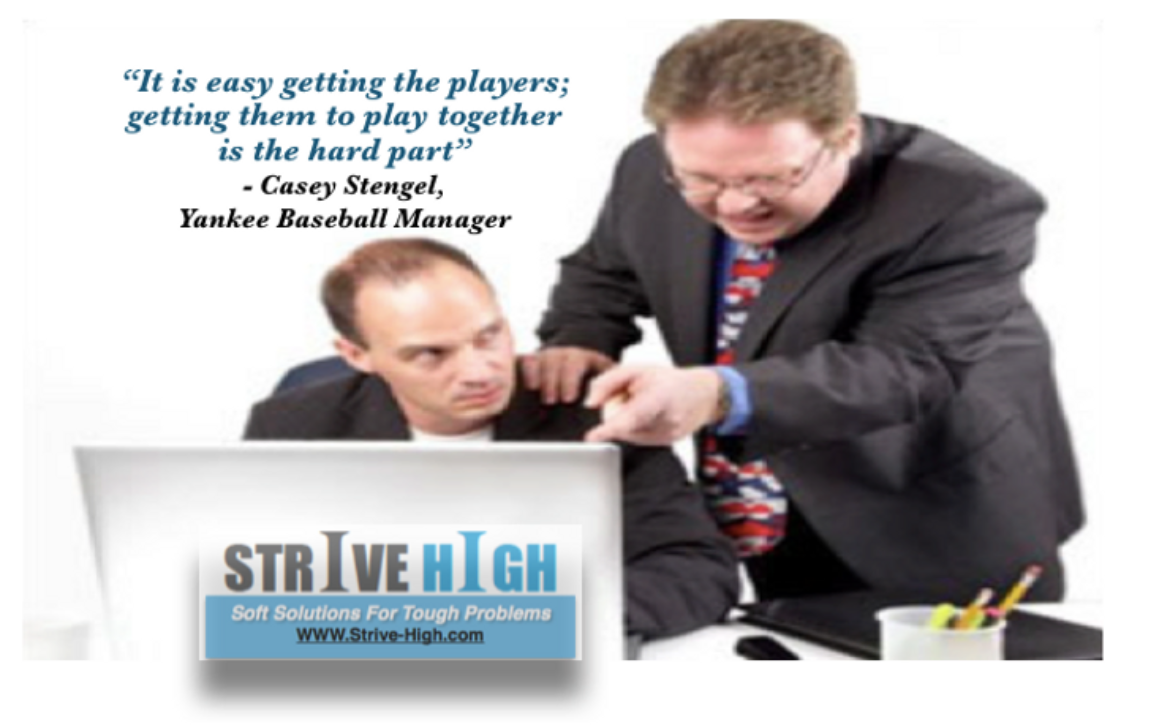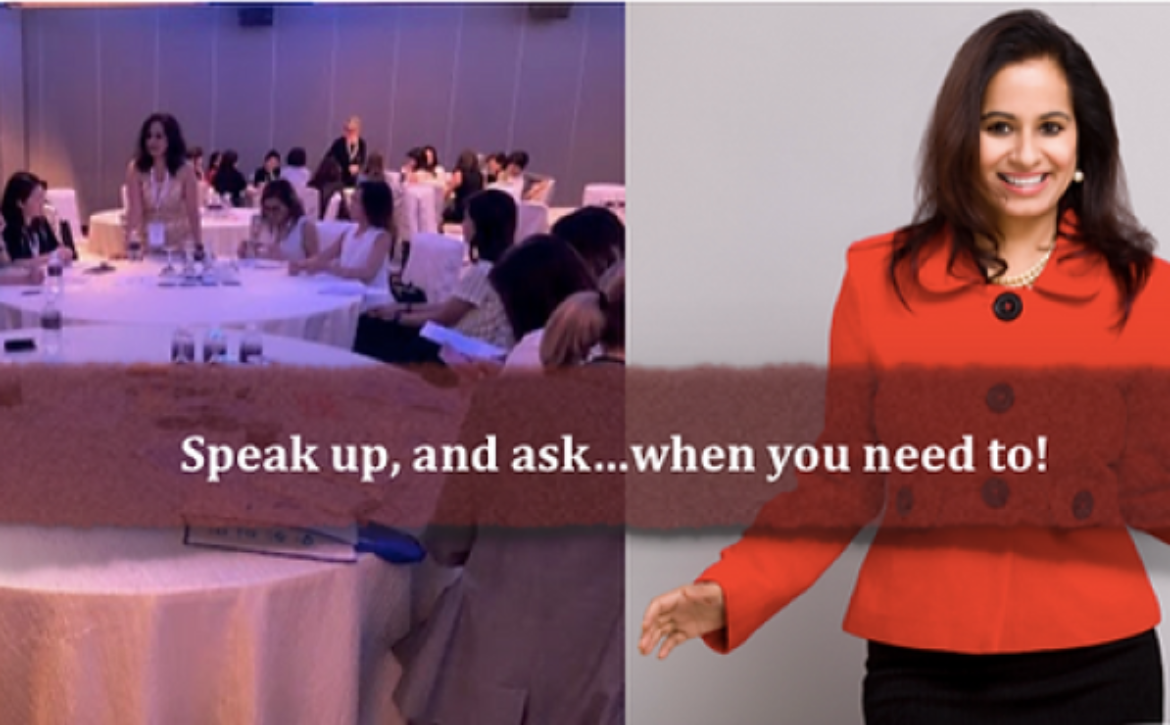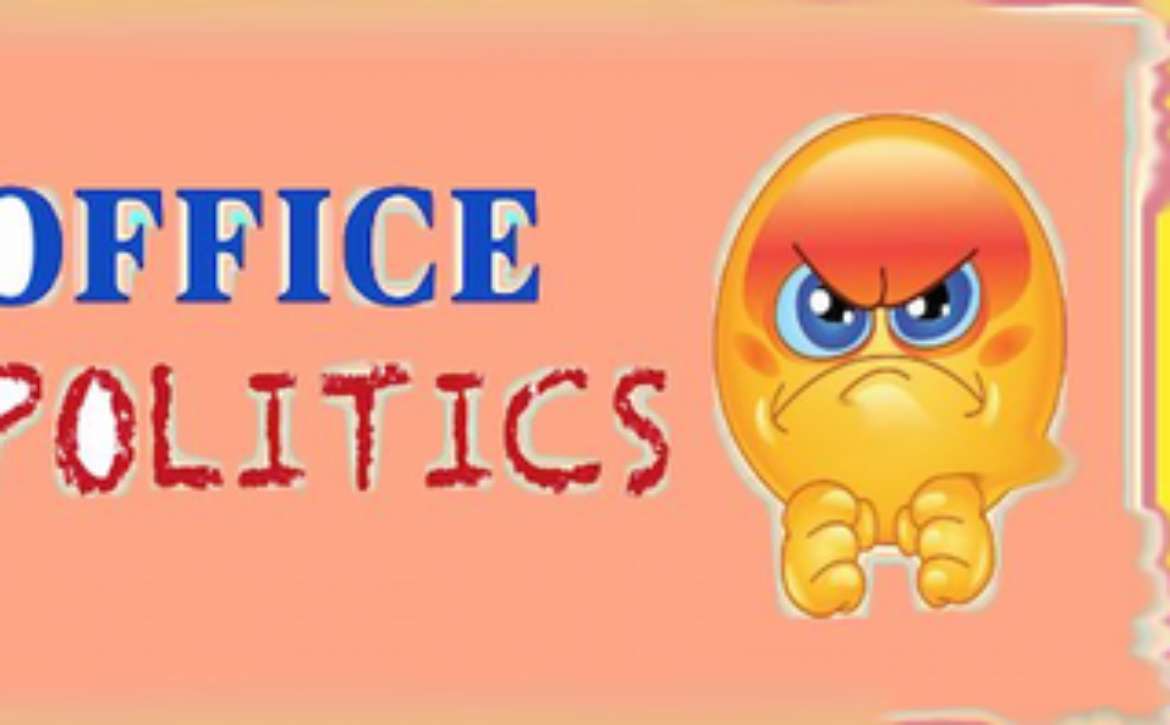
Is your organization an Emotionally intelligent Workplace?
To gauge the role that Emotional Intelligence plays at the workplace, look at any factor that impacts Organizational effectiveness. You will find that Emotional Intelligence plays a role in it.
- 82 Percent Of People Don’t Trust Their Bosses To Tell The Truth. (Reported by Forbes)
- 65 per cent of American workers would choose a better boss over a pay raise. (Jobsite)
Retaining talented employees is a huge problem that organizations are facing today. PsychTests did an impressive 'Turnover Probability Test' recently.
- “24% of soon-to-be quitters report that they don’t have a good relationship with their manager.
- 53% claim management fails to acknowledge or recognize challenging work/achievements.
- 53% indicate that any concerns or issues brought to management tend to fall on deaf ears and go unresolved.
- 24% indicate that their manager does not respect employees.” (Source PsychTest)
Emotional Intelligence is at the core of all the issues mentioned above. Individual and collective Emotional Intelligence directly affects the workplace environment and the bottom line of the organization.
- Self-aware. They know their strengths and weaknesses and manage them well. They can anticipate where & when they can go wrong and prepare accordingly.
- Good at managing themselves. Uncertainties cannot derail them for long as they know how to bounce back relatively quickly.
- Stay motivated. Even in the face of adversity, they continue to stay optimistic and perform.
- Understand others better. Have empathy for others, appreciate others’ perspectives, and be receptive to their ideas.
- Foster good relationships. Respect for social & cultural sensitivities do not quickly lose emotional control, help others & work collaboratively.
- Create an environment of trust. Care for others. Know how to communicate sensitive and challenging issues in an effective and friendly manner.
- Better leaders. They can influence & unite disparate teams behind a shared vision. Possess interpersonal skills to engage people, not just rationally but emotionally.
Ignorance is not bliss, especially if it has such profound implications. It's time to keep a check on the Emotional Intelligence Quotient of your organization.
- High employee turnover – Employee ready to jump ship at the first opportunity
- Low employee morale: Employees are not excited to come to work.
- Growing Customers’ Complaints – Customers are unhappy with how sales and after-sales service are handled.
- Missing Sales Targets: Sales performance might be below the industry norms and organizational targets.
- Lack of accountability: Employees do not take ownership of their actions, show a lack of commitment towards achieving goals and KPIs, and continuously look for excuses for their inability to perform.
- Do as I say the management style – Lack of empathy and consideration for other ideas. It is always the case of ‘my way or the high way.’ No room for whistleblowers!
- More internal than the external competition: Everyone is on the lookout for his/her slice of pie to earn extra brownie points in terms of attention and recognition. Self is more important than the team, and personal agendas take priority over corporate goals.
- Information hoarding: Employees hold on to information instead of sharing activities to gain importance in the eyes of others, keep their position significantly relevant, and appear expensively irreplaceable.
- The Blame Game: People try to cover mistakes, do not offer support to others, and the focus is on ‘passing the buck’, and ‘blaming another’ & not on ‘fixing the issues’.
- No room for mistakes – Zero tolerance for errors, and risk-takers are strictly penalized. Forget about creative solutions and innovation.
- Cubicle mongers – No one has time to meet with others; there is little camaraderie between colleagues. Meeting others is considered a waste of time. Focus is entirely on own-work & personal targets—lack of knowledge sharing, bond-building, and support for each other.
- Power Politics: In such companies, compliance and adherence to one of the power groups are necessary for survival. Internal politics kills enthusiasm and passion for performing.
- Unhappy Employees: People are unhappy, and it shows!
- Over contentment with the status quo – ‘This is how things are done here’ is the mantra that rules. Such an attitude can be immensely threatening to an organization’s survival, especially as ‘Change’ is the most stable ‘constant’ these days!
With a highly emotionally intelligent workforce, your company has the potential to meet and surpass its objectives. Therefore, it is essential to pay due attention and check if your organization is an "Emotionally Intelligent Workplace". The good news is that Emotional Intelligence competencies can be measured and developed through a focused and structured approach.
Preeti Dubey Founder, Director
STRIVE HIGH – Soft Solutions For Tough Problems ! Like us on Facebook , Follow us on Twitter
www.strive-high.com





